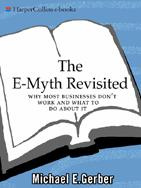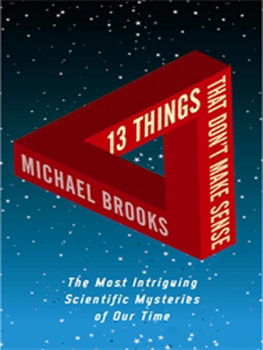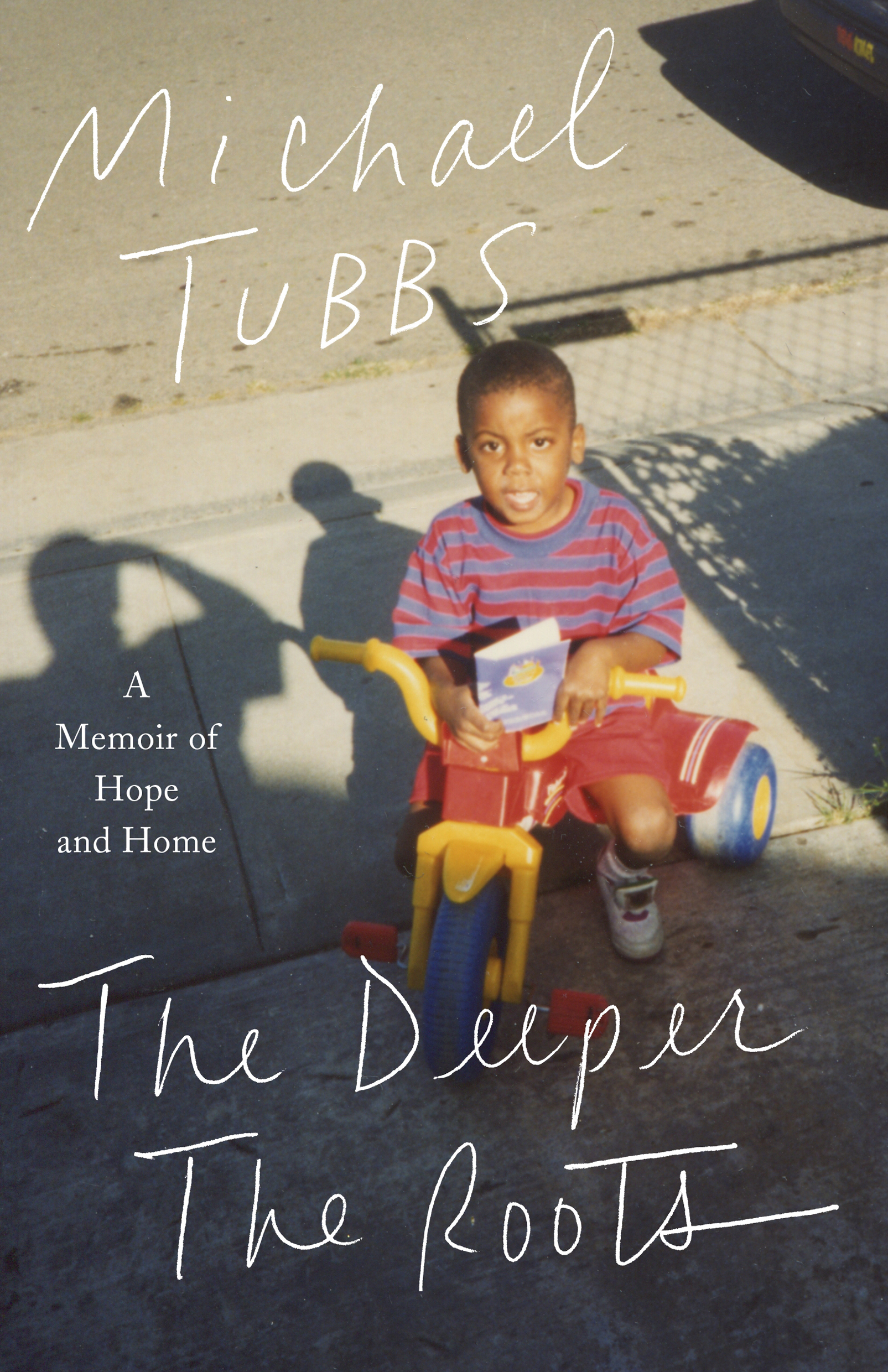Contents
Guide
Pagebreaks of the print version

The author and publisher have provided this e-book to you for your personal use only. You may not make this e-book publicly available in any way. Copyright infringement is against the law. If you believe the copy of this e-book you are reading infringes on the authors copyright, please notify the publisher at: us.macmillanusa.com/piracy.
For Malakai and Nehemiah: You deserve a world where roses grow on rosebushes.
This is a true story, though some names have been changed.
Dont tell nobody our business. This was the mantra my She-daddy (mom) drilled into me before I even started school. I never interrogated itwe didnt have anything to hide, and its not like I had anything noteworthy to share. Our circumstances were my normal. Things that were tough about our lives were reasons, she said, to prove Them wrong.
Them were ubiquitous and circumstantial. At times Them were my teachers, at times Them was society at large, at timesas far as young me was concernedThem was She-daddy herself. Our business, and by extension my story, never occurred to me as a reason that I wouldnt do well. She-daddy just stressed that I would have to work twice as hard to succeed. Our business became my secret source of strength. Whatever milestone I passed, only my family knew the full distance Id traveled to the finish line.
By the start of my senior year of high school, as a seventeen-year-old, I had found another reason to keep things to myself. I didnt want to be just my story, our business, my origins. (Still dont.) I didnt want to be a statistic. Truthfully, I was ashamed of some parts, of how it all started for us. The poverty, the single parenthood, the struggle all sounded like a stereotypical sob story, and I resolved not to tell it.
Only thing wasI wanted an A in drama class. That summer I had immersed myself in books about the college admissions process, dreaming about hazy green lawns far from Stockton. Every book and article stressed the same thing: that grades and test scores werent enough, you had to give them a sense of who you were. My drama teacher, Mr. Motroni, offered extra credit that fall: enter an essay contest hosted by Alice Walker, responding to the prompt How I changed my own life. Here was an opportunity to knock out two birds with one stone: get my grade up, and practice for my college admissions essay. I could tell just a little bit of my story, maybe.
As I started writing, I felt as though I was taking a huge inhale and exhale. Finally, I had an outlet to record the experience of my moms omnipresence and my dads absence. I smiled as my pen described my moms strength and determination, how she had given birth when she was my age and had never left me since. I didnt want to embarrass her, but I decided to include this stuff anyway. It was because she only had a high school education, after all, that I was writing this essay, that I was trying to gain acceptance to the best schools in the country.
I struggled with whether to actually mention my father. Nobody outside of my immediate family knew why he wasnt around. My explanation changed each time I was askedI didnt know who he was, or he moved out of state, or he was dead. All of these were lies. In the end, I opened my essay with the truth: The first time I saw my father, he was chained. My father was in prison and wasnt getting out anytime soon.
The ink flowed. I wrote about growing up in Stockton, I wrote about the lessons I had learned from my parents. I wrote about how my dreams were incubated in their disappointments and nightmares. I wrote about the context of racism and classism I was just beginning to understand, without which neither my mothers perseverance nor my fathers shame made sense to me, and against the tides of which I had accomplished everything I had so early in my life. I wrote about fighting against the soft bigotry of low expectations. It would take me years more to process it all (and Im still processing!), but I had the first inklings then that my business was part of something much bigger. That my business was a source of strength and was worthy to be spoken of.
More than a decade later, I understand that stories are important because, They overcame by the blood of the Lamb and the word of their testimony. Our testimonies are sources of pride and reservoirs of strength. Storytellingtruth-tellingis how we make sense of the world as it is and gain the vision and courage to create the world as it should be.
In that vein, I see my calling not as a political one, but as a narrative one. I am more a griot than a politician and, to quote my favorite rapper, J. Cole: My story aint the only story Im trying to tell. The aim of this book and of my work is to share what deserves to be shouted from the rooftops. Trauma and triumph. Pain and purpose. A story of Stockton and cities like it. Of policy failures. Of growing up Black and poor in post-Reagan America. Of being the path-breaking mayor of a major American city during the Trump presidency. Of mass incarceration. The story of my mom, my aunt, and grandmother, and countless single mothers like them. The story of my father. A story of progress and of pitfalls. A story of making history. My story.
I won that essay contest, by and by. In one of the many lucky, surreal turns my life has taken, I got to meet Ms. Alice Walker, who gave me some words Ill never forget. She helped me realize that my life is not a sob story, but a survivors tale.
Thank you, Alice Walker. And thank you, for reading on.
He was despised and rejected by mankind,
a man of suffering, familiar with pain.
My voice faltered. I looked down, tried to power through it, but I suddenly felt too overwhelmed to finish the passage. I stood before hundreds of congregants on the biggest Sunday of the year, Easter, my face wet with tears. I was eleven, and I wasnt crying because I was nervous, or because I had messed up. I was crying because it, the story of Jesus, was messed up. When I had practiced this passage with my mom, Id kept my emotions in check. I saved my tears for when I missed a word, which carried the threat of a quick lash of the belt.
Before the congregation, however, the tears flowed freely. The injustice, the griefthe loneliness of it all.
Yet it was our pain that he bore,
our sufferings he endured.
In Sunday School, four years prior, we were given short verses to memorize for the Christmas program from Luke, chapter 2. Sister Kim gave me Luke 2:13, but when I had committed that to memory I decided to read more. The next Sunday during class, I eagerly raised my hand and told Sister Kim that I had memorized not just my verse, but verses 114.
To humor me or to call my bluff, she asked me to recite it on the spot, which I did. And it came to pass in those days that a decree went out from Caesar Augustus The account of Jesus birth. After church, Sister Kim told Pastor Alfred what Id done, and he had me recite it for the Christmas program in front of the entire congregation. I was seven years old and terrified of all the people looking at me, but the words just flowed. I received a standing ovation. Pastor Alfred took up an offering, and gave me the money.
After that, it became a thing. Pastor Alfred asking me to memorize chapters of the Bible to share with the congregation. Every Christmas, every Easter, every church special occasion, every time a young person was needed to spice up the programI was called upon. Every time I asked him if I had to, he would reply, Yes.


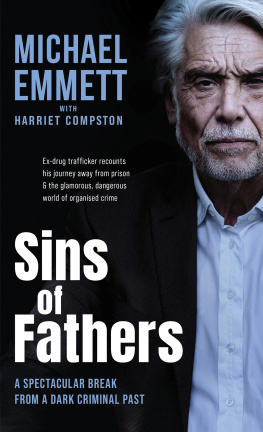
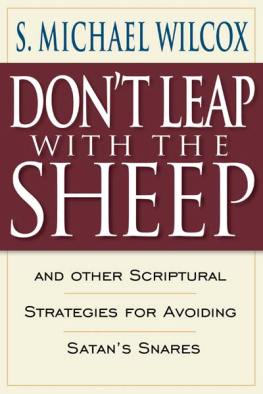
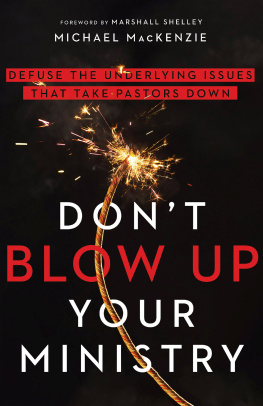
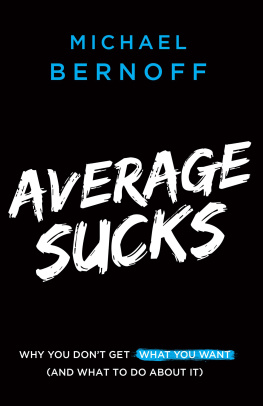
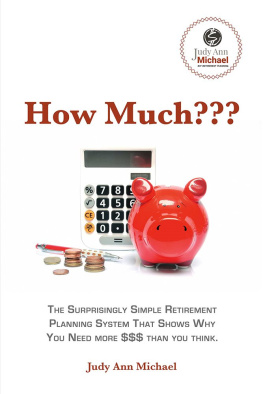
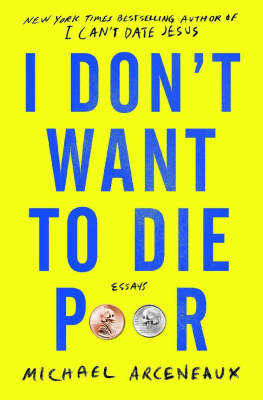
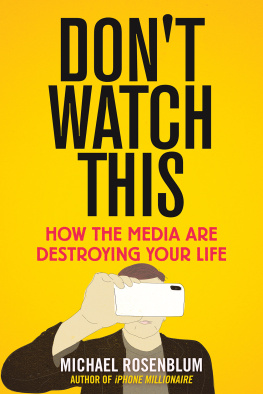
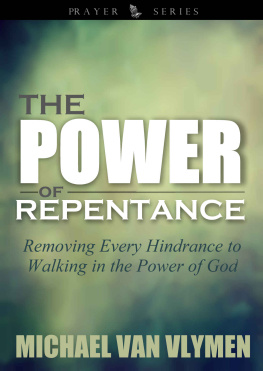
![W. Michael Kelley [W. Michael Kelley] - Calculus I](/uploads/posts/book/119087/thumbs/w-michael-kelley-w-michael-kelley-calculus-i.jpg)
